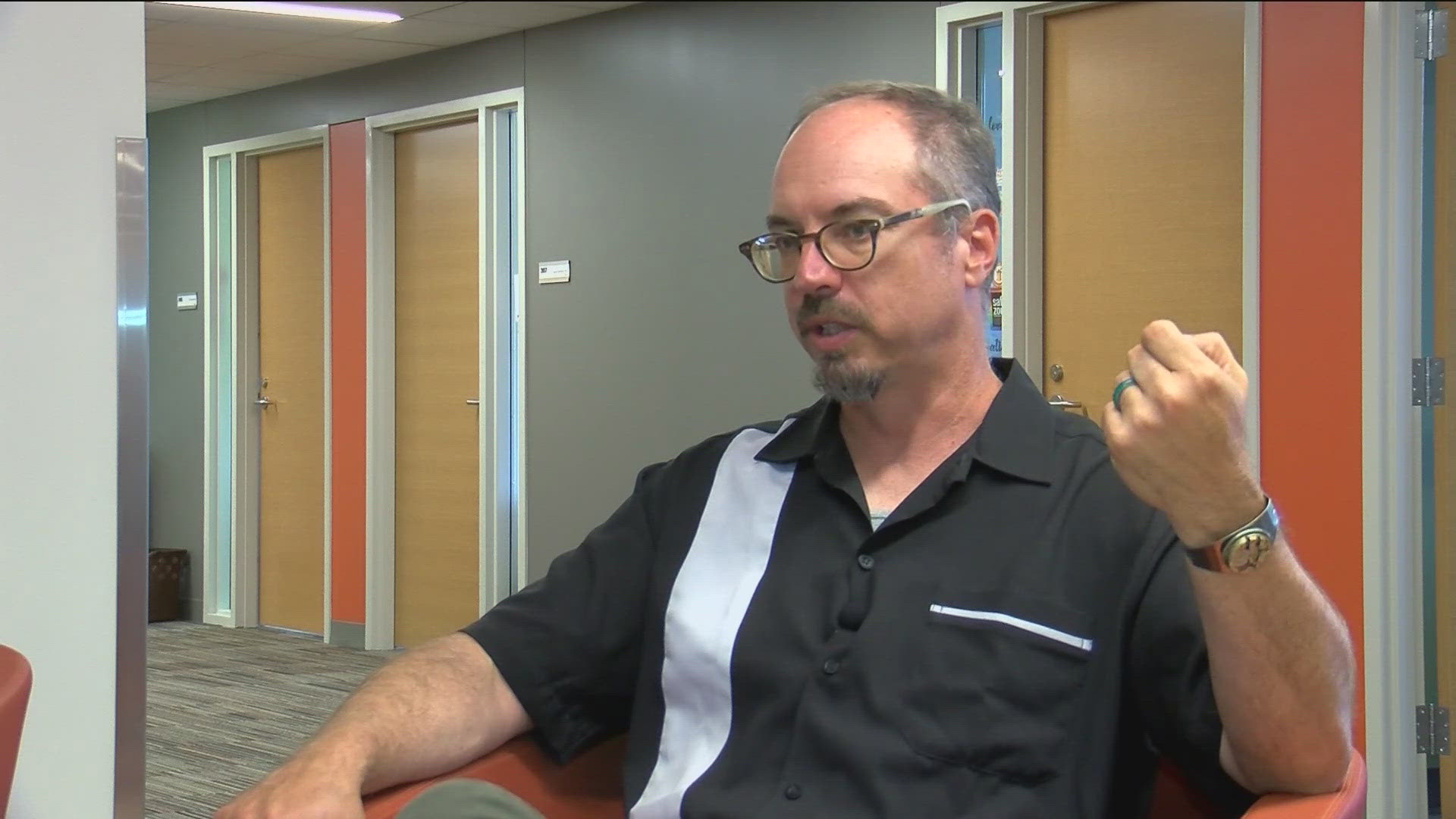BOWLING GREEN, Ohio — Following this past weekend's attempted assassination of former President Donald Trump, the second in the span of two months, political leaders across the nation are once again calling for the end of political violence amidst a heated 2024 presidential election race.
Denouncing violence is one thing. But for political communications experts, character and verbal attacks are a common theme during an election.
"Attacks, personal attacks, character attacks are as old as a republic," said Joshua D. Atkinson, a professor of political communications and alternative media at Bowling Green State University.
RELATED: Suspect in apparent assassination attempt on Trump was near golf course for 12 hours, records show
Atkinson says it's normal to see attacks on political candidates through advertisements and in debates. But when violence against a candidate happens, that's when problems start.
So why does violence happen? Atkinson says part of it is how we as a nation are consuming information.
"I think that these online communities that are crafted through this alternative journalism are a much deeper rabbit hole," he said.
According to a 2023 survey by the Pew Research Center, 83% of people ages 18-29 said they prefer getting news through digital devices compared to traditional media outlets such as newspaper, radio and TV.
With a vast digital platform comes endless media pathways and claims, increasing the need, Atkinson says, to understand what is a fact.
"If they (an online source) are going to be unbiased, it should just be stating the facts and no interpretation," said Atkinson. "Let the audience draw conclusions there."
Jackson Sheller, president of the Young Americans for Freedom club at BGSU, says he is against people who use online attacks to prove a point.
"If you're going to sit there and use buzzwords and call names and do all this stuff, it's just going to make things worse and make people more divided," he said.
And the digital divide is all to familiar for Nathaniel Carr, a doctoral student studying data science.
He says being married to social media can be a blessing and a curse.
"Social media has made us more connected, but also we're the most disconnected we've ever been, so it's enigmatic," Carr said. "So sometimes we have to go out in-person, because I think when people go out in public, they realize that it's a different interaction than when you're talking to a screen."
So, can the nation heal it's political divide?
Student Jaryt Salvo is hopeful that's the case.
"What's great about America is that we fix things," Salvo said. "We see a problem, we do something about it. We might not always go in the right direction, but in the long term we tend to solve our issues in a peaceful, nice way."

